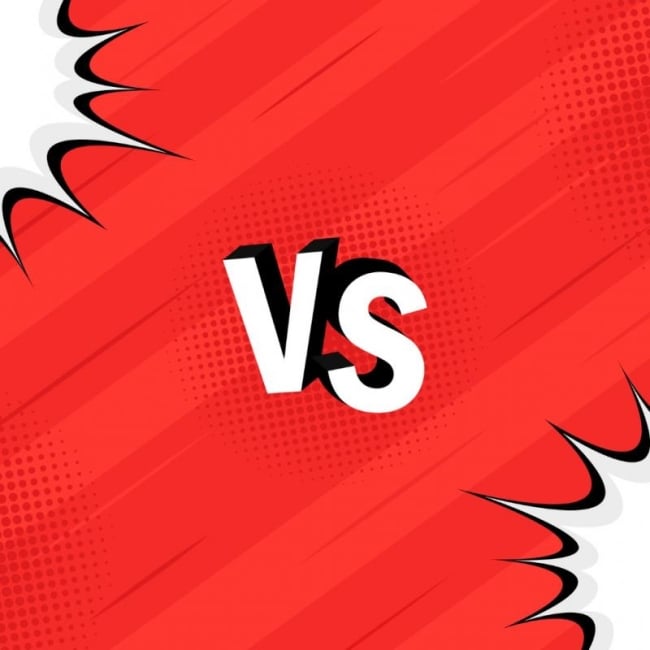You have /5 articles left.
Sign up for a free account or log in.

Istockphoto.com/petro benz
When I pulled into my family’s driveway last week, the first thing I wanted to do was take a shower. One of my close family members had been diagnosed with cancer, and I had been driving nonstop all day from Florida to North Carolina. I needed to process this news and plan my next online class, and a warm shower is my safe place. Normally, I stand under the hot water and wash my hair when I need to brainstorm writing ideas or reset from a lesson plan that fell flat.
But during COVID-19, many students and instructors do not have this safe place.
My family’s tub was full of cold, gray water. Our local plumber hadn’t been able to come and fix the clogged drain for weeks because of the pandemic. I stood up to my shins in the icy water.
During this pandemic, washing our hair should be the least of our concerns.
Last week, Kristie Kiser’s “Instructors, Please Wash Your Hair” made waves on Inside Higher Ed, but what about the instructors who can’t wash their hair? Of course, Kiser’s command to “wash your hair” is more metaphorical than physical. We can wash our hair to take care of ourselves, and some instructors prefer to dress in work attire each day to compartmentalize their work-life balance at home. But Kiser posits hair washing as somewhat of an instructor’s moral responsibility during an international disaster: "In a world where conversations around us are terrifying, a student who has perceived Dr. Jones as a strong female role model, who is polished and eloquent at all times in the classroom, may be quite alarmed indeed to find Dr. Jones wearing her Pokémon pajamas with disheveled, unwashed hair."
The sentiment reflects the idea that our strength, as instructors, is in our ability to remain calm, cool and coiffed during COVID-19.This has never been true. Our moral responsibility to students is to support them and help educate them as best we can, given our individual resources. Sometimes, educating our students requires us to fall apart.
In my experience as a graduate student, my most educational moments have been when an instructor drops the veil to show her humanity. When an instructor walked into class wearing jeans because she had a migraine, I saw myself in that person. I saw that I, as an imperfect individual, might also sit at the head of a classroom one day.
This global pandemic has illuminated gross disparities. Some students and instructors are returning to homes without running water or food. African Americans and other patients of color face higher levels of death than their white neighbors from COVID-19. Now more than ever, our students and our colleagues need to accept our hair in all its unkempt, greasy reality. We need to acknowledge that, while some instructors can host Zoom chats with perfect fishtail braids, others may not have a webcam to show students their hair in the first place. Even before the pandemic began, many of our black colleagues have been criticized for having “unprofessional” hairstyles.
For the immediate future, unwashed hair and death will be the new normal for many of us and our students. When we fail to acknowledge these lived experiences, we fail to acknowledge our mutual humanity.
To be fair to Kiser, some studies posit that well-styled professors tend to receive higher course evaluations than their more casual peers. More specifically, female-identifying professors and students who conform to traditional beauty norms report receiving better evaluations and grades. This ingrained bias implies that to be professional, female instructors and students must look the part. Such sexism, ableism and classism have long been normalized in higher education and in other fields. But during a pandemic, our collective sense of normalcy is changing.
Why, then, should instructors cling to these gender norms and carry on as usual? Our students know better because their lives have also turned upside down. A pandemic isn’t a cloud with a clear silver lining, but female instructors can, in fact, use this time to question the academy’s patriarchal beauty expectations that many of us may have taken for granted.








